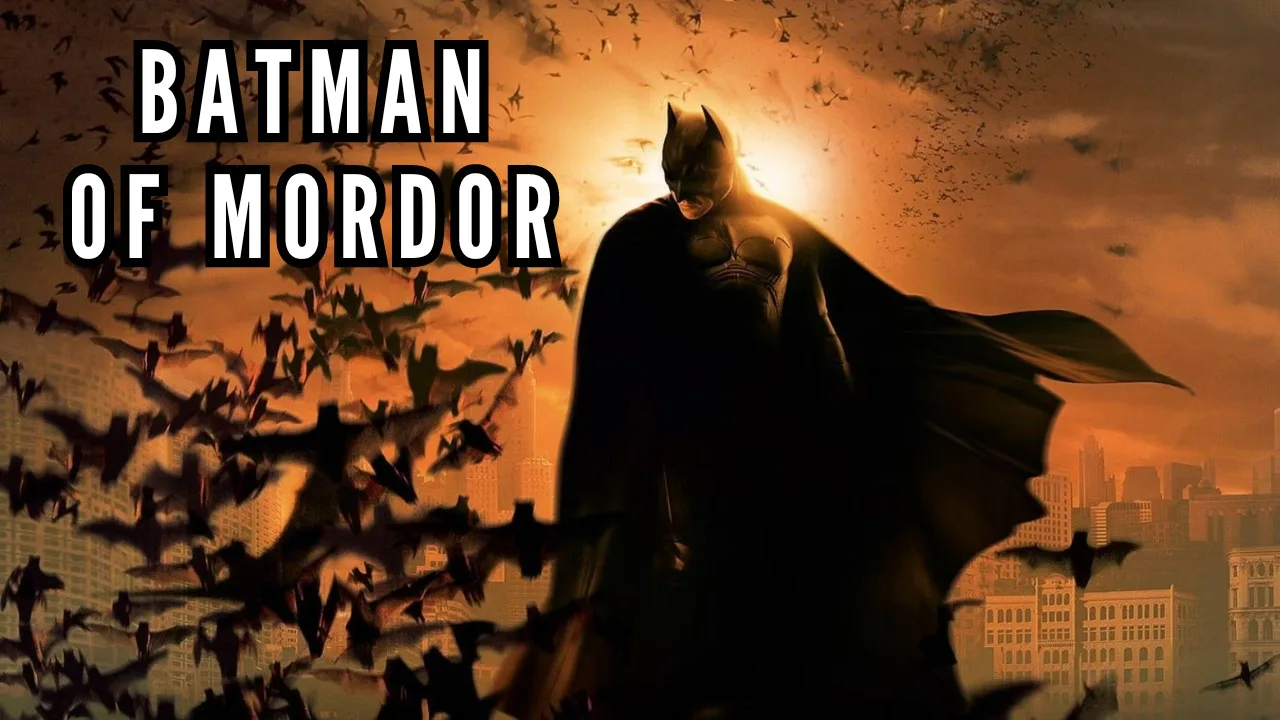Project Apollo, a once-conceived masterpiece by Monolith Studios, initially envisioned to grace the cinematic universe crafted by Christopher Nolan. However, fate had a different path in mind, leading to the reimagining of this project into the acclaimed Middle-earth: Shadow of Mordor. Join us as we delve deep into the annals of gaming history to unearth the secrets and revelations surrounding this enigmatic endeavor.
The Genesis: A Vision of Batman’s World
In the year 2019, amidst the echoes of gaming revelations, Liam Robertson unveiled the cryptic layers of Project Apollo via DidYouKnowGaming. This revelation shed light on Monolith Studios’ ambitious venture, encapsulating the essence of Batman’s universe within the digital realm. The project, aptly named after the Greek god of light and prophecy, hinted at a future where players would immerse themselves in the shadows of Gotham City.
From Nolan’s Gotham to Digital Realms: Unraveling Project Apollo
Fast forward to the present day, where the digital archaeologists, led by the Twitter denizen Dageekydude, have unearthed fragments of Project Apollo. These artifacts, sourced from the depths of Internet archives and developer portfolios, provide a glimpse into the game’s intended narrative and mechanics. Envisioned within the narrative tapestry crafted by Christopher Nolan, the game teased the player with the familiar visage of the Batsuit from Batman Begins and the iconic Tumbler, promising an immersive journey through Gotham’s dystopian landscapes.
Navigating the Shadows of Gotham
The showcased gameplay footage offers a tantalizing glimpse into the mechanics of Project Apollo. Players would have assumed the mantle of the Dark Knight, traversing the haunting vistas of Gotham City. Unlike the Arkham series, which portrayed a more polished urban landscape, Project Apollo promised a grittier, dystopian rendition of the city, complete with gliding mechanics reminiscent of its predecessors.
Furthermore, the game introduced a sophisticated loadout mechanism, akin to a skill tree, allowing players to unlock an array of abilities and gadgets. Dynamic events, reminiscent of the Spider-Man games, promised to keep the city alive with sporadic criminal activities, beckoning the intervention of Batman.
The Legacy of the Nemesis System: A Missed Opportunity
One of the most intriguing aspects of Project Apollo lies in its intended implementation of the Nemesis System, a revolutionary concept later immortalized in Middle-earth: Shadow of Mordor. This groundbreaking feature would have allowed for encounters with recurring adversaries, each retaining memories of prior encounters—a dynamic gameplay mechanic rarely explored in the realm of superhero games.
However, the demise of Project Apollo stemmed from Warner Bros.’ reluctance to navigate multiple Batman franchises concurrently. This pivotal juncture prompted Monolith Studios to pivot towards Middle-earth: Shadow of Mordor, thereby heralding the inception of the Nemesis System in a different guise.
As we reflect on the legacy of Project Apollo, one cannot help but wonder about the untapped potential and uncharted territories it could have explored within the realm of superhero gaming. While the dream of a Batman-themed masterpiece may seem distant, the echoes of Project Apollo serve as a testament to the creative vision and ambition that drive the gaming industry forward.
In the end, it is not just about the games we play, but the stories they tell and the worlds they invite us to explore. And in that regard, Project Apollo remains a beacon of possibility—a reminder of the journeys that could have been.

